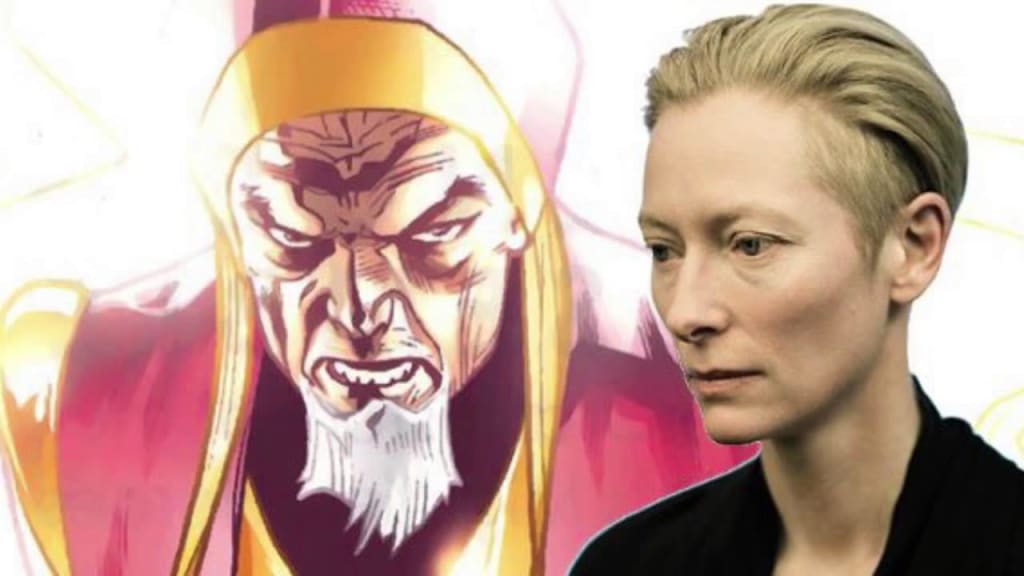
Over the last few months, one word has been repeated endlessly on social media when fans discuss films. It's not a pleasant word. It's #whitewashing.
The Social Cinema defines 'whitewashing' like this:
In its simplest form, whitewashing refers to the tendency of media to be dominated by white characters, played by white actors, navigating their way through a story that will likely resonate most deeply with white audiences, based on their experiences and world views.
The real debate is over certain specific practices - namely, roles assigned to white actors that are traditionally associated with other cultures.
Even #Marvel has found itself accused of whitewashing in its #MCU...
Marvel's Ancient One Problem
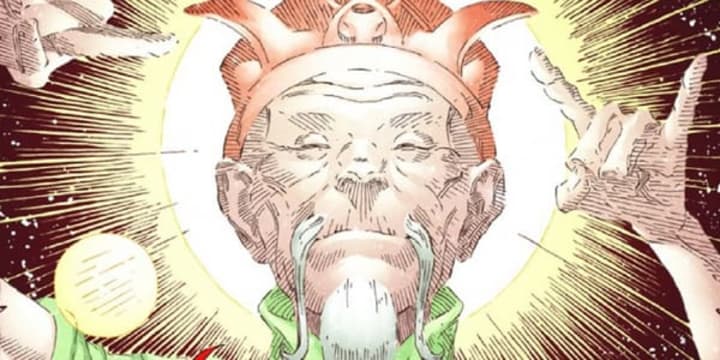
The Ancient One: Suddenly white?
Fans were astounded - and, frankly, infuriated - when Marvel cast Tilda Swinton as the Ancient One. This transformed a male Tibetan into a female Caucasian, a change that fans found inexplicable. Swinton herself told THR that she was never asked to play an Asian character, a radical departure from the comic book tradition.
Finally, the movie's co-writer C. Robert Cargill has stepped forward to explain the decision to reinvent the Ancient One. He told Double Toasted:
"The Ancient One was a racist stereotype who comes from a region of the world that is in a very weird political place. He originates from Tibet, so if you acknowledge that Tibet is a place and that he’s Tibetan, you risk alienating one billion people who think that that’s bulls**t and risk the Chinese government going, ‘Hey, you know one of the biggest film-watching countries in the world? We’re not going to show your movie because you decided to get political.’"If we decide to go the other way and cater to China in particular and have him be in Tibet… if you think it’s a good idea to cast a Chinese actress as a Tibetan character, you are out of your damn fool mind and have no idea what the f**k you’re talking about.”
Does this argument make sense?

Meet the White Fox - and she matters!
Both Marvel Comics and Marvel Studios have been making a massive push to reach the Asian market. In the comics, this included creating a popular web-comic called "Avengers: Electric Rain"; a Korean superhero introduced in this comic, the White Fox, is slowly making her way into the Avengers. Marvel are reportedly working on creating Chinese superheroes to be added to its comic book universe too, and last year Marvel's Manager of Licensed Publishing made a powerful press statement:
"We have felt the passion of Chinese fans. As long as there is a demand in the market, it is possible to add Chinese elements and culture to Marvel products and create Chinese heroes and stories."
In terms of films, Ernst & Young report that China's film industry will have become the biggest in the world by 2020. The future of the film industry is in China, and Marvel are seeing real success reaching this market. According to Box Office Mojo, Avengers: Age of Ultron was their most profitable Chinese film, making a phenomenal $240 million in China; Iron Man 3 came second, at $121 million.
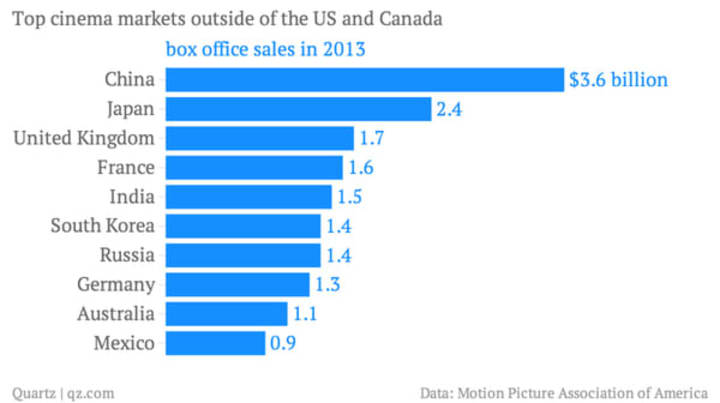
Even in 2013, here's how the world looked...
Joe and Anthony Russo, writers of Captain America: Civil War, have just secured financing to launch Anthem & Song, a studio based in Los Angeles and Beijing. Given the Russo brothers' focus on the future of the film industry, it's a telling move. Joe Russo explained his excitement about the project to THR:
"What's fascinating about this market is the potential it has to bring more diversity into global cinema. That's what's creatively exciting to us, rather than figuring out how to make Chinese filmmakers more Western to appeal to the international market. China has a deep historical mythology. Storytelling is as old here as it is anywhere in the world. We're not interested in altering those cultural elements; we're interested in fostering them. To me that's what's creatively interesting about this opportunity. "
But here's the catch. Moviegoers in the United States and Europe are used to pretty limited censorship, but in China the government is all too willing to ban films. In 2011, the Chinese government went so far as to ban films that featured time-travel - claiming it "disrespected history!" As film critic Raymond Zhou Liming explained:
“Most time travel content that I’ve seen (in literature and theater, that is) is actually not heavy on science, but an excuse to comment on current affairs."
That particular ban didn't last - X-Men: Days of Future Past was released in China, and performed well - but it gives an idea of just how prickly the Chinese authorities are when it comes to censorship.
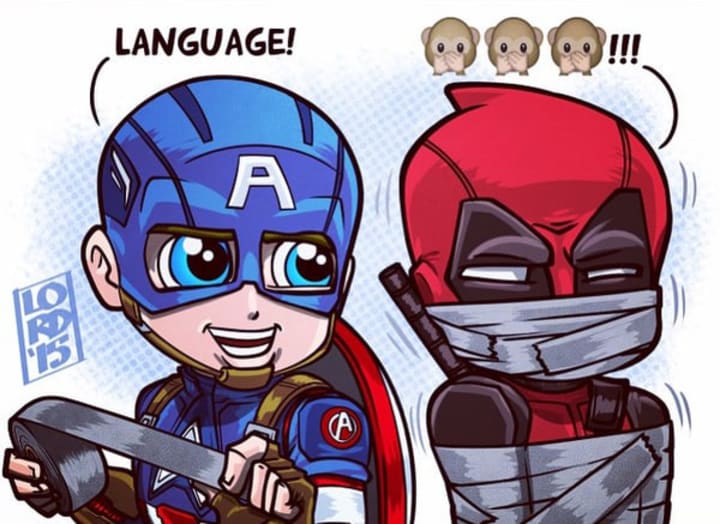
Needless to say, Deadpool was banned!
What's more, C. Robert Cargill is absolutely right in his description of the difficult politics surrounding Tibet. The Dalai Lama - the famous Tibetan spiritual leader - is still exiled from his homeland. Any world leaders who meet with the Dalai Lama are in serious trouble with the Chinese government; British Prime Minister David Cameron learned this in 2012, when his willingness to meet with the Dalai Lama led to China breaking off diplomatic relations with the UK. They demanded that the UK "stops supporting anti-Chinese forces"! In the last week, there are rumours that a two-year-old photograph of singer Selena Gomez and the Dalai Lama has led to Gomez being banned from China.
The sad truth is that the slightest nod towards Tibet risks incurring the Chinese government's wrath. Doing so would potentially lose Marvel's access to Chinese markets for the foreseeable future. To use a Chinese actor for the Ancient One instead would inflame anger among those who care passionately for Tibet. Either way, the film would have landed Marvel in an awkward position.
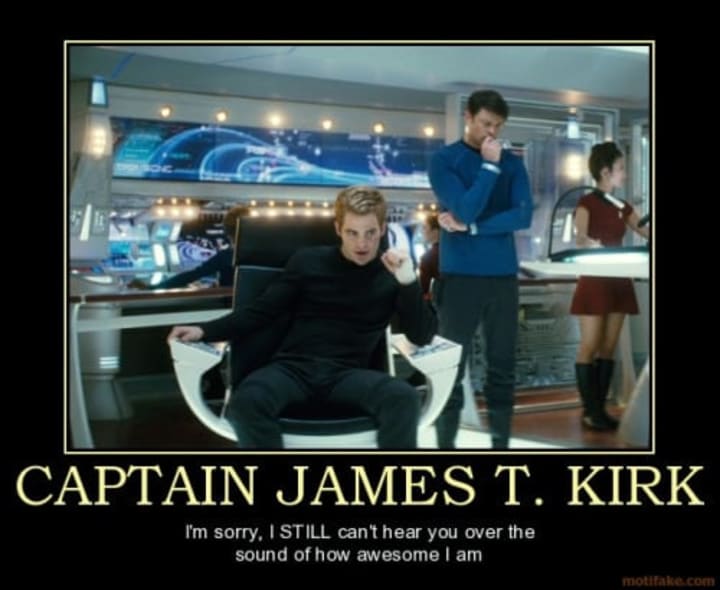
Maybe Marvel DID have a no-win scenario...
Evidently Marvel chose a third way. They moved as far away from the pattern of the Ancient One as possible, creating a very different character. Ironically, the current focus on 'whitewashing' meant this decision just landed them in another controversy. But frankly, I reckon Marvel would prefer a brief media storm in the West to losing access to the future's biggest film market.
I think C. Robert Cargill is telling the truth about this. The casting of the Ancient One isn't just a matter of 'whitewashing'; it's politics pure and simple, or rather Marvel's desperately trying to avoid politics. Given China's increasing importance to the film industry, this is unlikely to be the last time Hollywood faces this kind of problem.
About the Creator
Tom Bacon
A prolific writer and film fan, Tom has a deep love of the superhero genre.


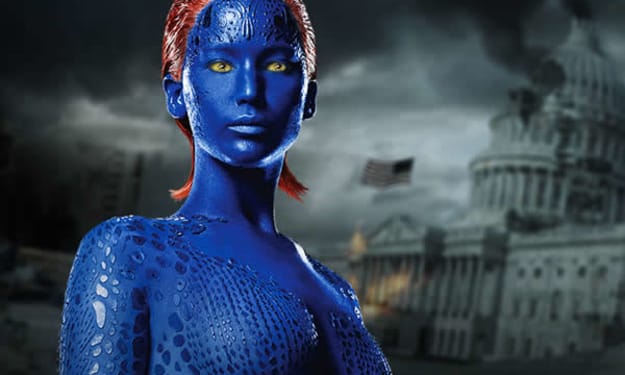



Comments
There are no comments for this story
Be the first to respond and start the conversation.